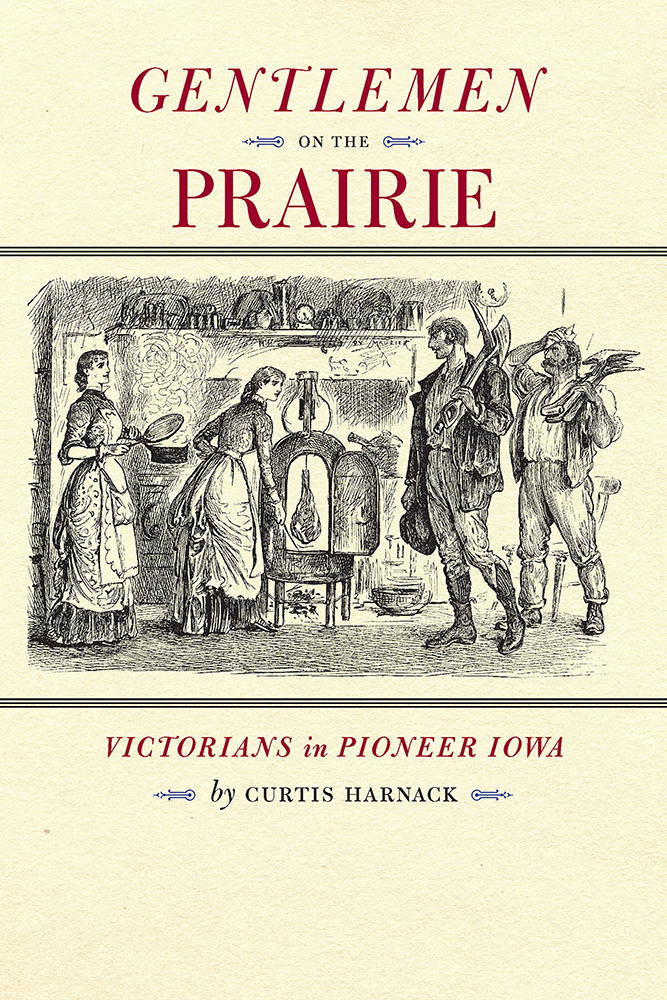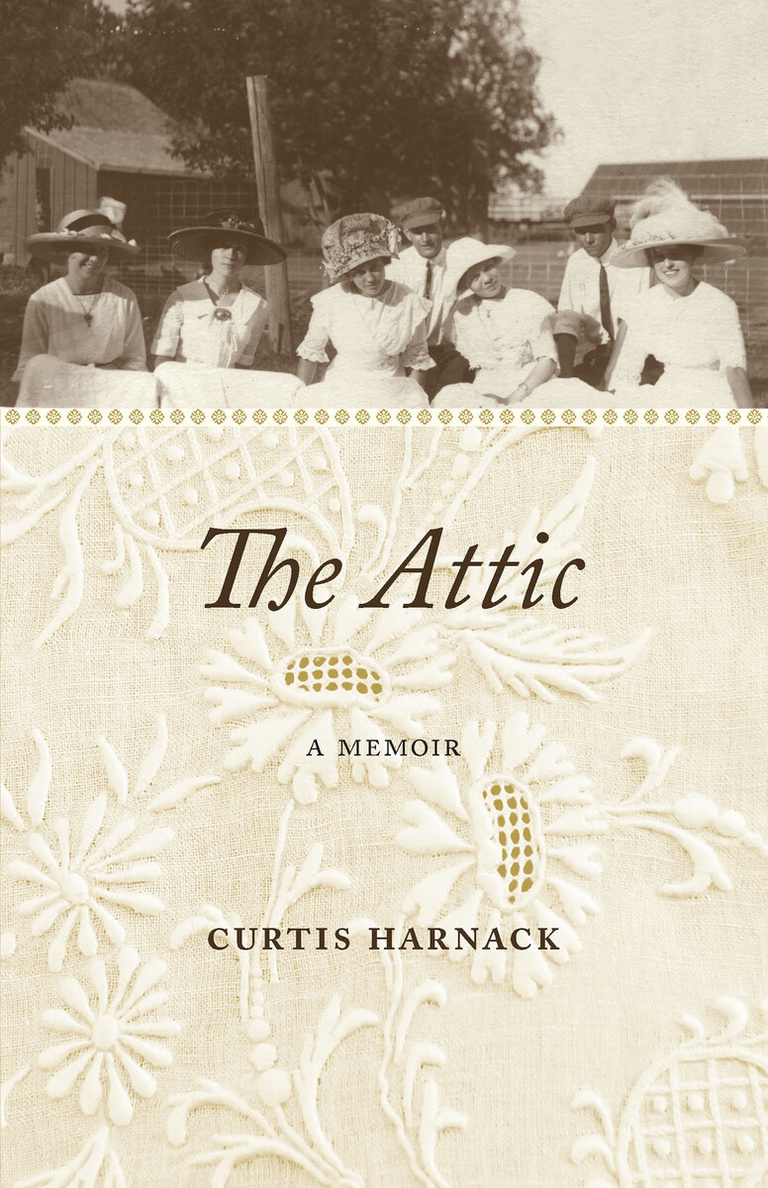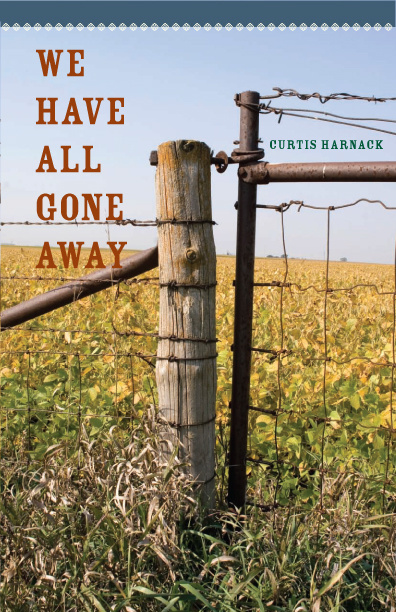In the 1880s, the well-connected young Englishman William B. Close and his three brothers, having bought thousands of acres of northwest Iowa prairie, conceived the idea of enticing sons of Britain’s upper classes to pursue the life of the landed gentry on these fertile acres. “Yesterday a wilderness, today an empire”: their bizarre experiment, which created a colony for people “of the better class” who were not in line to inherit land but whose fathers would set them up in farming, flourished in Le Mars, Iowa (and later in Pipestone, Minnesota), with over five hundred youths having a go at farming. In Gentlemen on the Prairie, Curtis Harnack tells the remarkable story of this quite unusual chapter in the settling of the Midwest.
Many of these immigrants had no interest in American citizenship but enjoyed or endured the challenging adventure of remaining part of the empire while stranded on the plains. They didn’t mix socially with other Le Mars area residents but enjoyed such sports as horse racing, fox hunts, polo, and an annual derby followed by a glittering grand ball. Their pubs were named the House of Lords, the House of Commons, and Windsor Castle; the Prairie Club was a replica of a London gentlemen’s club, an opera house attracted traveling shows, and their principal hotel was Albion House. In St. George’s Episcopal Church, prayers were offered for the well-being of Queen Victoria.
Problems soon surfaced, however, even for these well-heeled aristocrats. The chief problem was farm labor; there was no native population to exploit, and immigrant workers soon bought their own land. Although sisters might visit the colonists and sometimes marry one of them, appropriate female companionship was scarce. The climate was brutal in its extremes, and many colonists soon sold their acres at a profit and moved to countries affiliated with Britain. When the financial depression in the early 1890s lowered land values and made agriculture less profitable, the colony collapsed. Harnack skillfully draws upon the founder’s “Prairie Journal,” company ledgers, and other records to create an engaging, engrossing story of this quixotic pioneering experiment.
“Curtis Harnack captures utterly and compellingly a story too good to be true, except that it is—a band of nineteenth-century English gentlemen, led by a visionary, naïve, courageous, foolish, and all-too-human young man, who come to virgin-prairie Iowa to make their fortune and transplant their aristocracy. Soon they encounter all the inhospitable and irreconcilable elements of wildly dissimilar cultures—the impoverished immigrant striving to make a life versus those born to privilege seeking to continue one. What ensues is a deeply moving, dramatic, and highly comic narrative, a case study, finally, of immigration and assimilation, resonantly relevant to the current debate.”—Douglas Bauer, author, Prairie City, Iowa: Three Seasons at Home
“Through the experience of these picturesque emigrants [Harnack] allows us to see afresh the fear, danger, courage and appalling hard work that went into the settling of our Western lands.”—New York Times Sunday Book Review
“This book is unique, thoroughly delightful, and a genuine contribution to our knowledge of the Middle West. Curtis Harnack is an excellent historian, I see, as well as a practiced and subtle storyteller. The confluence of upper-class Victorians with northwest Iowa makes for a social comedy as well as giving us an unexpected glance into the abiding strength of the Middle West.”—Alfred Kazin
“This affectionate book contains delicious slow-motion detail: pioneers playing croquet . . . and politely facing Iowa winters with hailstones the size of eggs and potatoes. . . . Harnack tenderly records a poignant moment in history.”—Newsweek
“Harnack’s piece of history shows the inevitable appeal of the incongruous, so well expressed by the Victorian Lord whose calling card left on his host’s silver tray read, ‘Lord Hobart, Dealer in Hogs.’”—Boston Herald
“Gentlemen on the Prairie is a fascinating piece of Americana and American history.”—Doris


